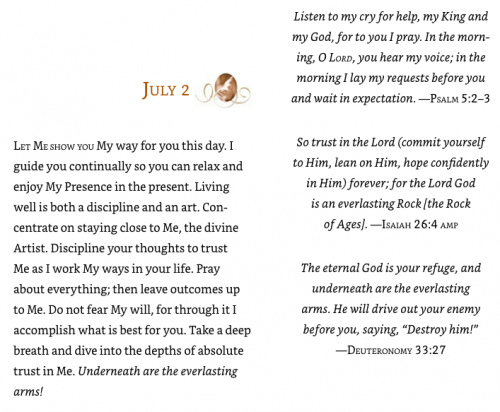God’s Simple Pleasure
Thursday, July 2, 2020
The land is God’s. . . . Caring for the land, every day, is my way to be close to God. [God’s] land must be honored. —Eli, an Amish farmer
Poet, author, and farmer Wendell Berry is a shining example of humility and simple living. He’s made it his life’s concern to commit to one beloved plot of land in Kentucky. He says everything he’s learned has been through his faithfulness to that commitment. He reminds me of St. Francis of Assisi in that he loves nature deeply and takes the Gospel seriously. Berry writes of the profound pleasure that can come from simple things—if we can attune ourselves to them:
It is astonishing, and of course discouraging, to see economics now elevated to the position of ultimate justifier and explainer of all the affairs of our daily life, and competition enshrined as the sovereign principle and ideal of economics. . . . It is impossible not to notice how little the proponents of the ideal of competition have to say about honesty, which is the fundamental economic virtue, and how very little they have to say about community, compassion, and mutual help. . . . For human beings, affection is the ultimate motive, because the force that powers us, as [John] Ruskin [1819–1900] also said, is not “steam, magnetism, or gravitation,” but “a Soul.”. . . [1]
Is it possible to look beyond this all-consuming “rush” of winning and losing to the possibility of countrysides, a nation of countrysides, in which use is not synonymous with defeat? It is. But in order to do so we must consider our pleasures. . . . [There are] pleasures that are free or without a permanent cost. . . . These are the pleasures that we take in our own lives, our own wakefulness in this world, and in the company of other people and other creatures—pleasures innate in the Creation and in our own good work. It is in these pleasures that we possess the likeness to God that is spoken of in Genesis. [God looked upon all that God had created and saw that it was very good (Genesis 1:31).] . . .
The passage suggests . . . that our truest and profoundest religious experience may be the simple, unasking pleasure in the existence of other creatures that is possible to humans. It suggests that God’s pleasure in all things must be respected by us in our use of things. . . . It suggests too that we have an obligation to preserve God’s pleasure in all things. . . .
Where is our comfort but in the free, uninvolved, finally mysterious beauty and grace of this world that we did not make, that has no price? Where is our sanity but there? Where is our pleasure but in working and resting kindly in the presence of this world?
